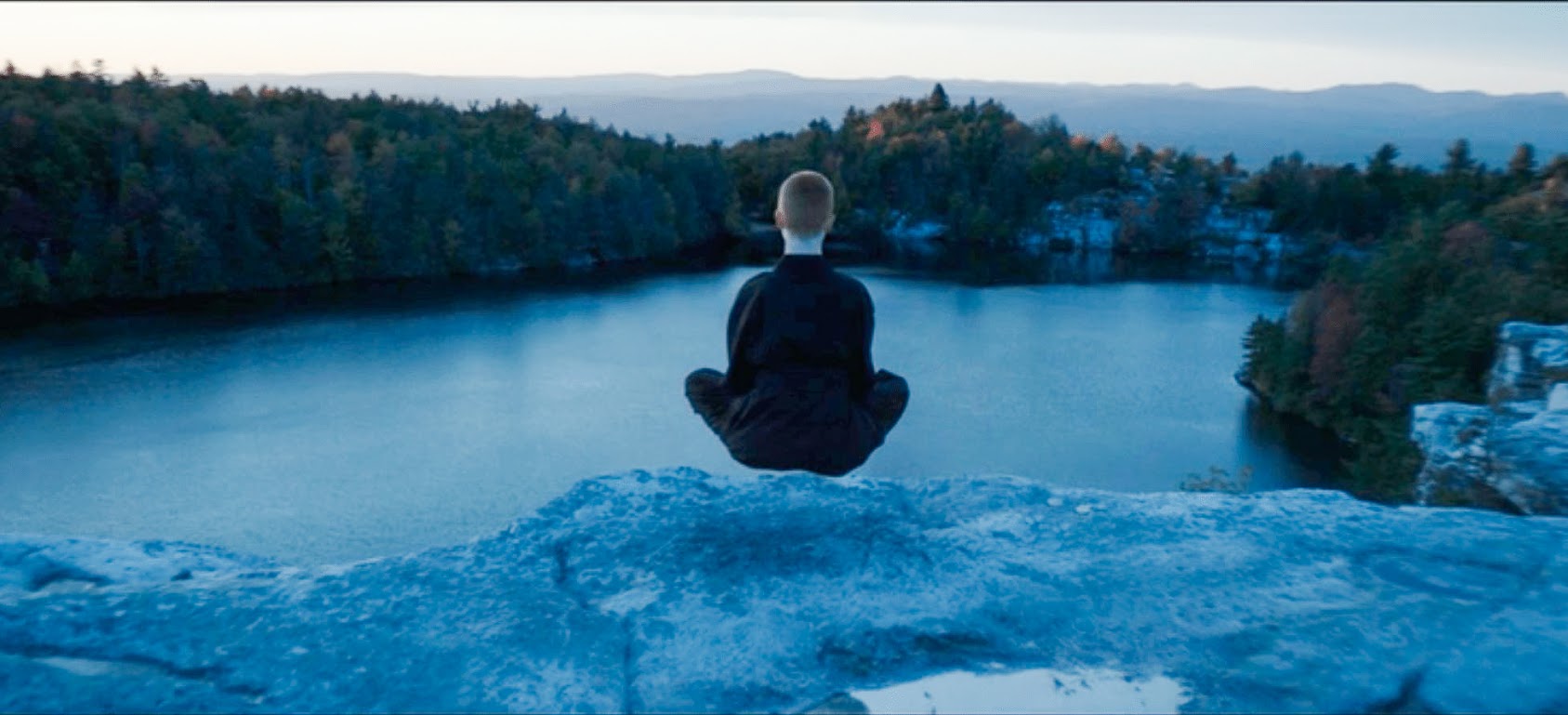_
Hope
Links
- Get link
- X
- Other Apps
(What) Happens to the Heart-Leonard Cohen
Do the words come first, or do you hear the music?Leonard: “It's generally some uneasy marriage of those two elements. A phrase will come, or a chord change. Then you'll get maybe a first verse with music and words, but then as the words change the musical form has to change. It usually takes a couple of years to bring a song to completion.” -- Stolen Moments, 1988
Leonard Cohen and Marianne Ihlen: the love affair of a lifetime
In November 2016, the singer-songwriter Leonard Cohen, renowned for his plaintive ballads, died a few months after the woman who inspired many of them, his Norwegian lover and muse, Marianne Ihlen. Theirs had been a large and chaotic romance that was in many respects a product of the particular times (the 1960s) and the specific place (the Greek island of Hydra) in which they met. The relationship’s legacy was a catalogue of classic songs – So Long Marianne, Hey, That’s No Way to Say Goodbye, Bird on the Wire – a great deal of heartache, but also a lasting sense of the creative power of love.
All of this the documentary maker Nick Broomfield explores in his tender, funny and hauntingly moving new film Marianne and Leonard: Words of Love. Broomfield is not a disinterested observer. He knew Ihlen well. They too were lovers for a while during one of the long breaks in Ihlen’s relationship with Cohen. And her effect on the film-maker was almost as influential as her part in the Canadian poet-musician’s career.










.jpg)